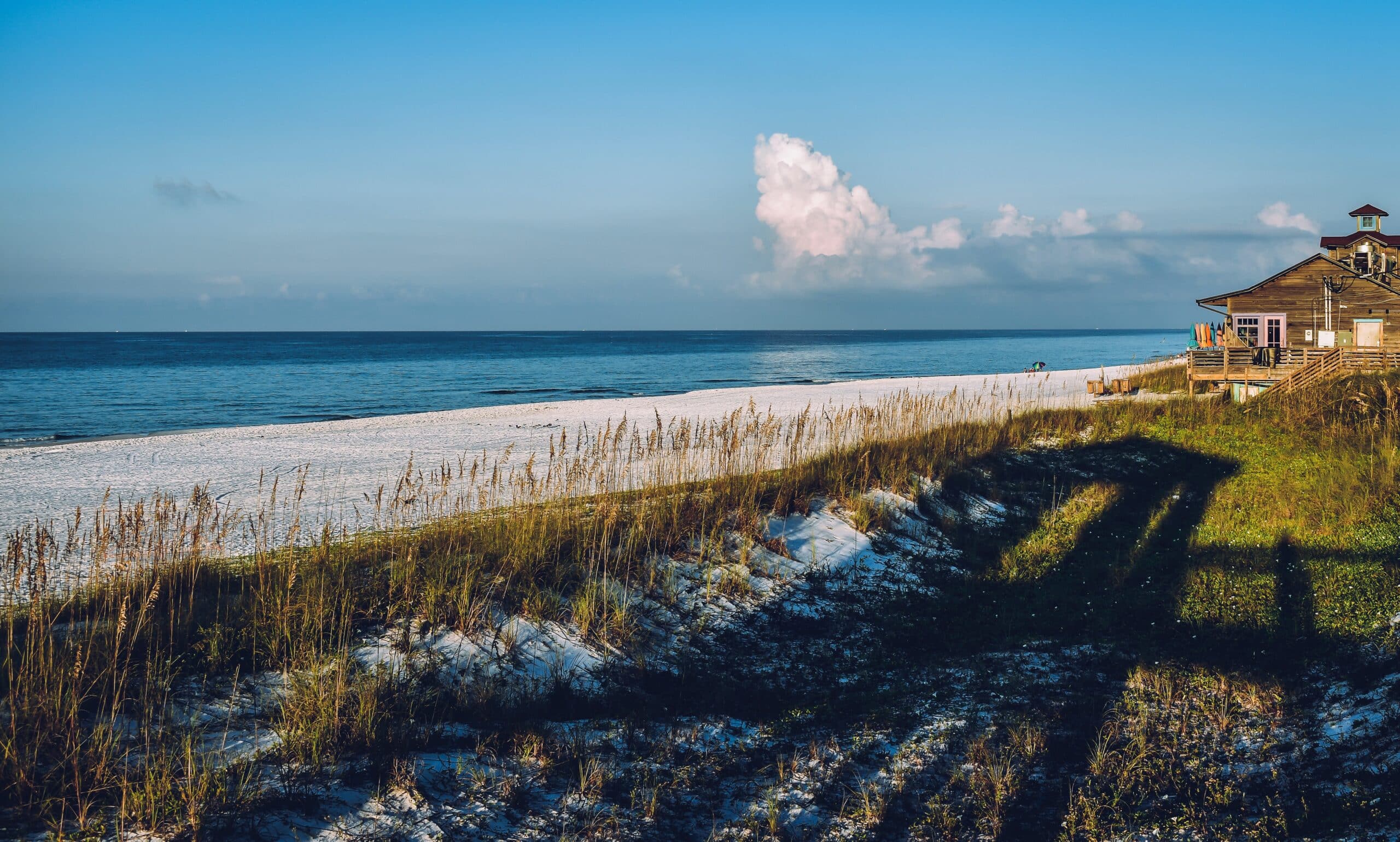Owning a North Carolina beach house is a dream for many, and if you’re reading this article, the dream has likely come true for you! Maintaining a property along North Carolina’s coast requires a little know-how, especially when choosing building materials for your home.
Read on to learn the unique factors you should consider when shopping for building materials for your NC beach house and the materials that will work best for your coastal home.
Hurricane and Wind Consideration for Beach Houses in NC
North Carolina boasts exceptional ocean views. The East coast of North Carolina is covered in beach towns, while ancient islands dot the state’s shoreline. The Outer Banks and hundreds of coastal cities are home to many happy beach house owners.
But beach house owners must understand and prepare for the threat of battering winds and Hurricane damage common along North Carolina’s coast, especially in late summer and early fall. With these hazards a looming possibility, homeowners must invest in the right materials to ensure their home is structurally sound and can withstand the elements.
Whether you’re building a new coastal home or undertaking a beach house remodel in North Carolina, you want to choose building materials that will hold up to the intense weather –– and sun and salt –– that will come your way.
Material Selection for Your Beach House
As we outlined above, your North Carolina coastal home is uniquely susceptible to damage from various elements:
- Hurricanes and strong winds
- Flooding
- Corrosive salt
Coastal properties require especially durable building materials, especially for the home’s exterior:
- Decay-resistant wood or composite materials require little or no maintenance and can withstand corrosion from the salty air.
- Concrete is another alternative that looks great and can hold its own.
- Fiberglass and non-cellular PVC plastic are weather-resistant materials for exterior trim and siding.
While metals are strong and can protect your home from hurricane-force winds, they corrode quickly on coastal property. Sometimes, a high-end standing seam metal roof can provide wind and corrosion protection, but you’ll want to consult your contractor before committing to a metal roof on your beach house.
Areas of Special Concern for an NC Beach House
You want any home you buy or build to be structurally sound. But when you own coastal property, you can’t afford to take shortcuts. Below are three elements of your beach house that you should pay special attention to.
Windows and Doors
As we’ve explored, North Carolina beach houses must be built to withstand strong winds. Windows and doors can be weak points in your home –– or any other building –– which makes them susceptible to damage from flying debris and strong winds. Thankfully, you have various options for hurricane-resistant windows and doors for your coastal home.
Laminated glass can withstand severe winds and debris. Strong glass can also aid in increasing your home’s overall stability and soundness.
If you don’t have the budget for hurricane-proof doors and windows in every frame (beach homes have a far above average volume of windows), then you can install wind-tested windows and doors on the sides of your home that face the coast. This provides you with protection in vulnerable areas while saving you money.
Flooring
Don’t forget the interior when considering building materials for your North Carolina beach house! Your flooring plays a huge role in the look and feels –– literally –– of your beach house.
You have many options when choosing a floor for your home. When considering flooring, remember that you and your guests will likely spend a lot of time at the beach. And even with an outdoor shower, you’ll probably track in the sand.
Your flooring should be durable but easy to clean. Below are a few options for beach house flooring:
- Engineered Hardwood Veneer – Engineered hardwood veneer is ideal when you want luxury without paying the price for genuine hardwoods. High-end engineered flooring is durable, easy to clean, and can withstand high moisture levels typical in beach homes.
- Concrete – Concrete floors are straightforward. It’s your most durable flooring option, and sweeping up sand is a breeze.
- Tile – Tiled flooring is both practical and luxurious. Keeping it clean is easy and looks great in North Carolina coastal homes. You can get creative with tile patterns and colors and make the space your own.
Foundation
Lastly, but not of least importance, is your beach home’s foundation. By now, we’ve driven home the importance of structural integrity for your coastal home. A strong foundation is a literal and metaphorical base upon which your home is built, so make sure it’s fit for the task!
Your beach house’s foundation should be deep enough to withstand erosion and strong enough to hold its own against hurricane-force winds. The foundation must also be built far above flood level to protect your home from water damage –– and meet local height requirements.
Wrapping Up
Building, renovating, or repairing your North Carolina beach house can be gratifying and exciting –– as it should be! And when you are equipped to make decisions regarding your building materials, you can confidently commence with your project and transform the space into something you love.

